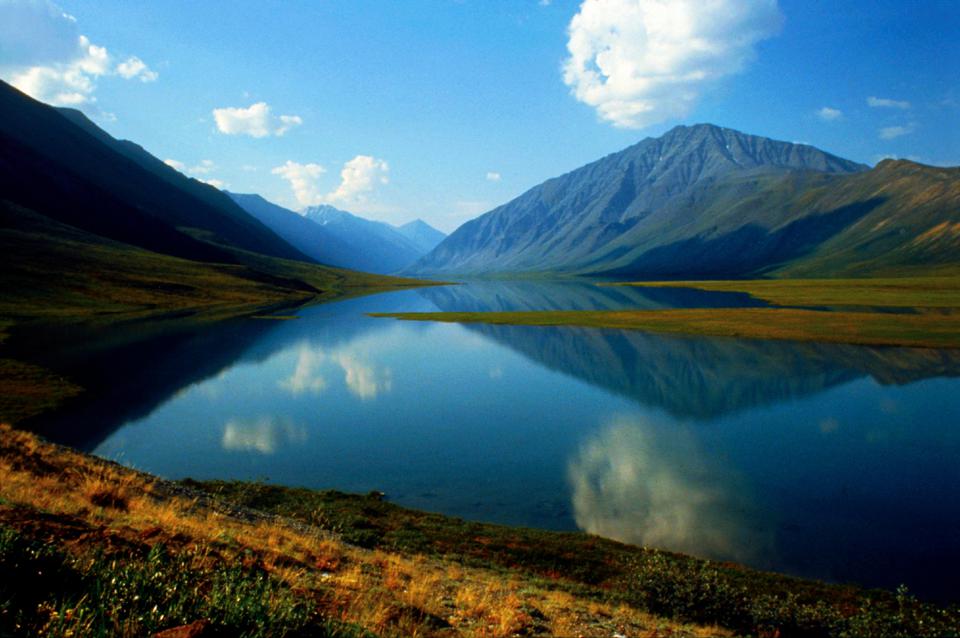
After a two-year slowing period through 2018, Greenland’s ice sheet lost a record amount of mass last year, according to a study published on Thursday:
That loss of 532 gigatons of ice – equivalent to about 66 tons of ice for each person on Earth – was 15% more than the previous record in 2012.
Greenland’s ice melt is of particular concern, as the ancient ice sheet holds enough water to raise sea levels by at least 20 feet (6 meters) if it were to melt away entirely.
The study adds to evidence that Greenland’s icy bulk is melting more quickly than anticipated amid climate warming. Another study last week indicated the island was no longer getting enough annual snowfall to replace ice lost to melting and calving at the glaciers’ edges.
“We are likely on the path of accelerated sea level rise,” Sasgen told Reuters. “More melting of the ice sheet is not compensated by periods when we have extreme snowfall.”
The study, published in the journal Communications Earth & Environment, used data collected by satellites to the gravitational force of the ice mass, which scientists can use to calculate how much snow and ice is locked within.
Other research has shown the melting is being helped by water pooling atop the ice and at meltwater streaming between the ice sheet and the bedrock beneath.
These studies are helping scientists refine their projections of how climate change will impact the Arctic, and how quickly. Sasgen compared the sobering process to getting difficult news from a doctor.
“It’s always depressing to see a new record,” Sasgen said.
But the studies offer insight into “where the problem is, and you also know to some extent what the treatment is,” Sasgen added.
Emphasis added, good grief. We know what we need to do, and if we reduce CO2 to limit global warming, then all these other concerns including sea level rise and ocean acidification can also be reduced.
But of course,
the Department of Interior approved plans to open ANWR, the Arctic National Wildlife Refuge, for leases to drill for oil
Event though, “At current and foreseeable oil prices, the industry’s appetite to drill in ANWR will be exceptionally low and quite possibly will be zero.” So we know what we need to do. Vote – by mail, carrier pigeon, with your honey, whatever it takes.
Image: Via Getty Images.
